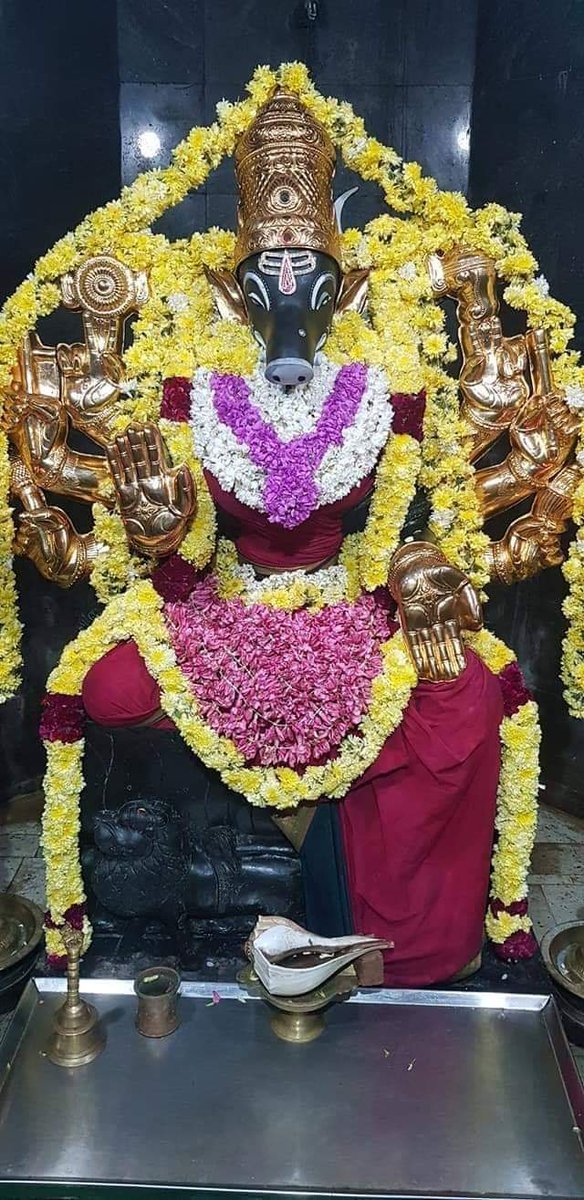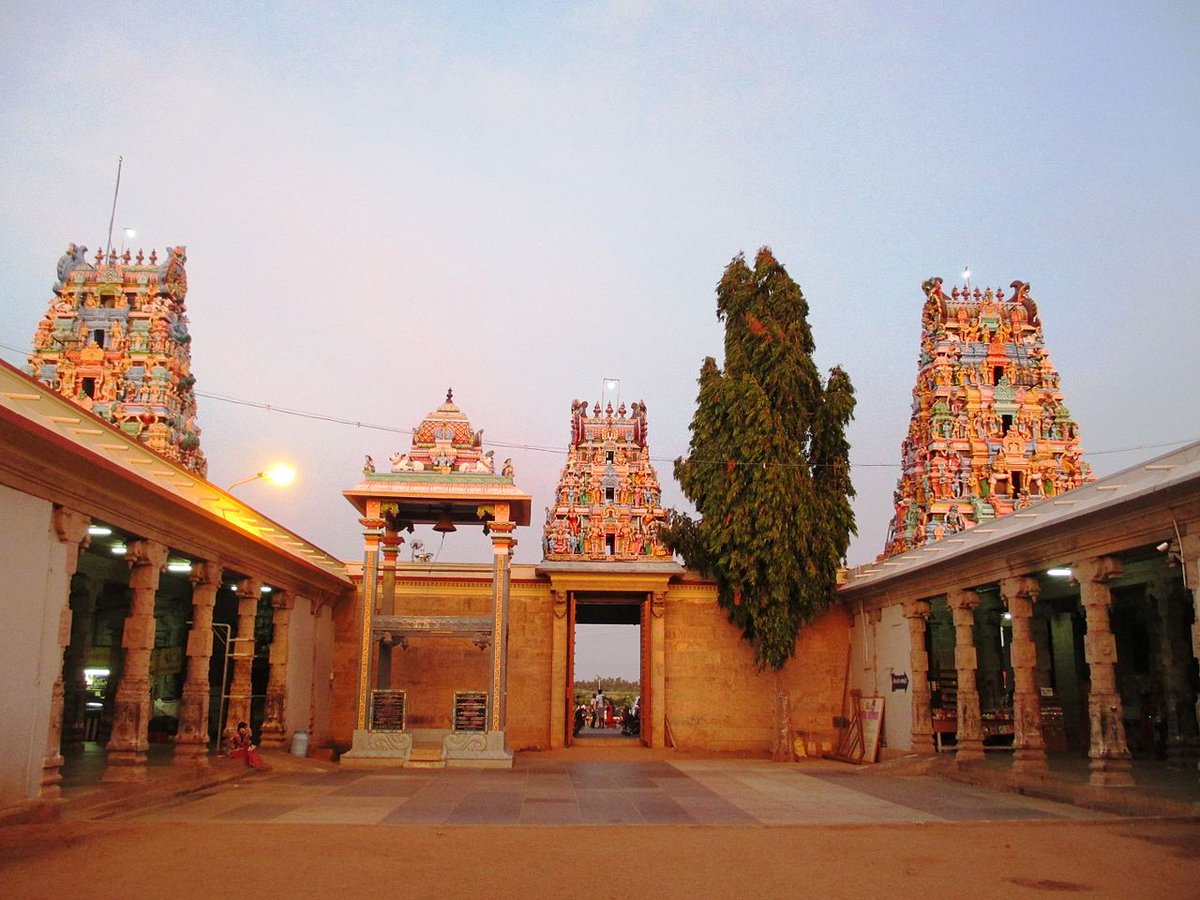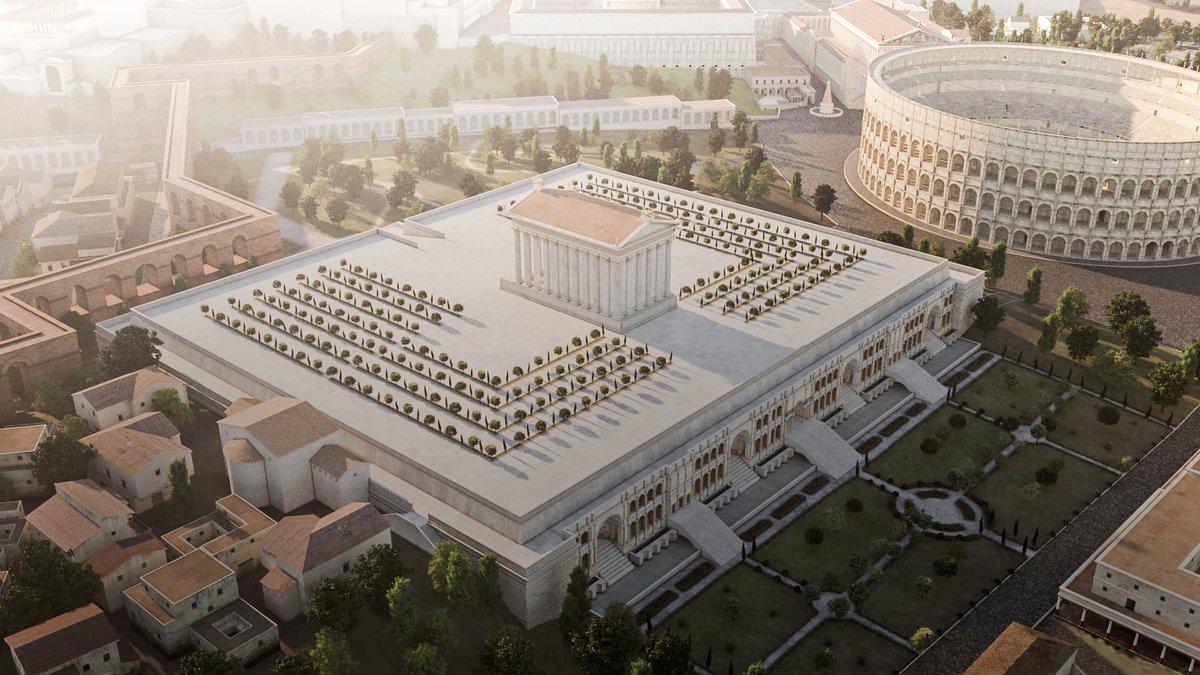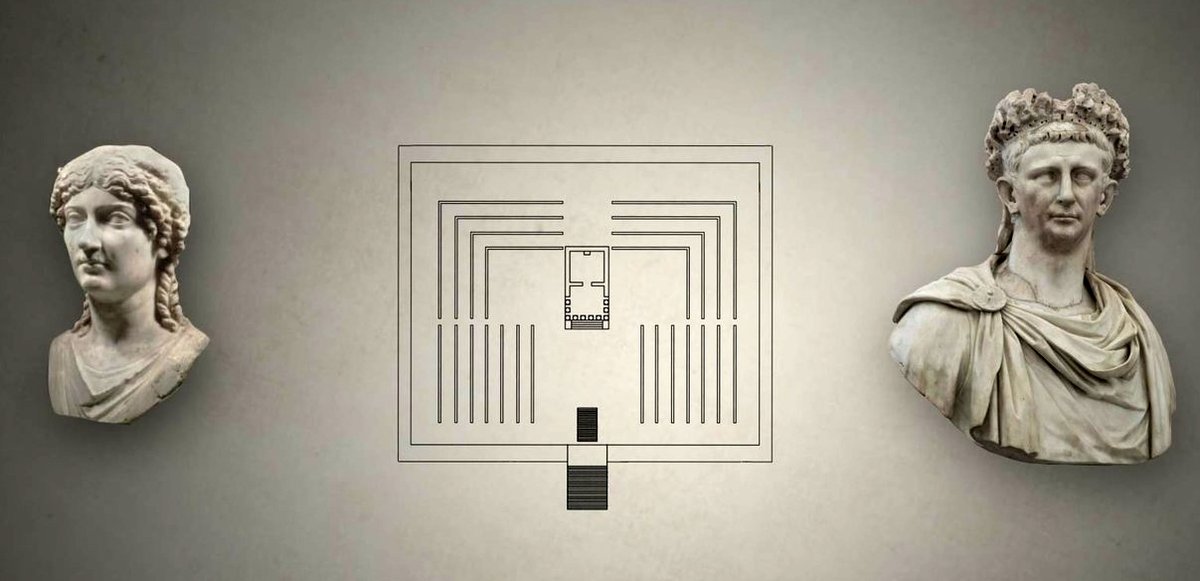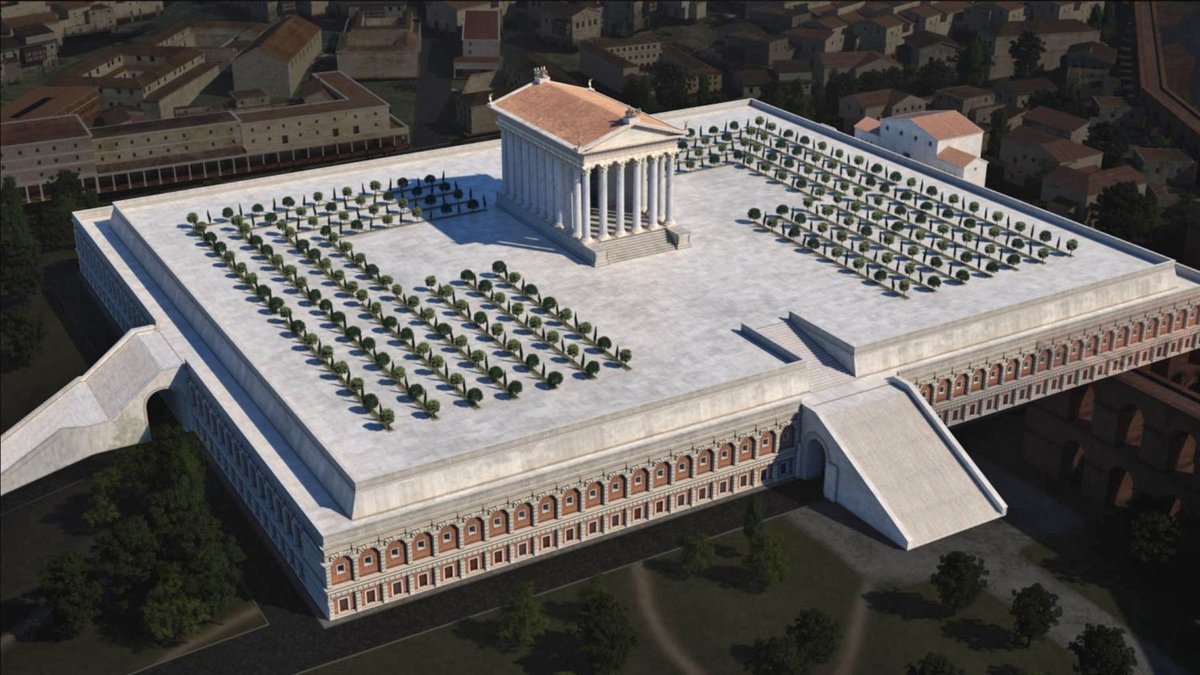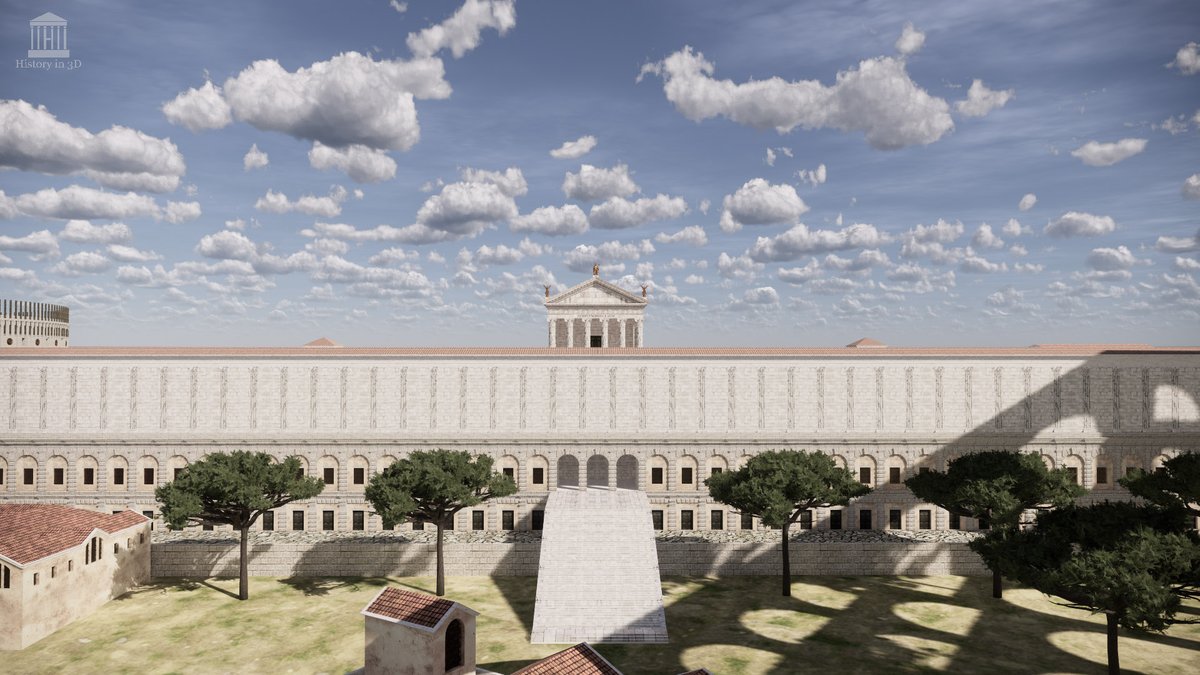Rewritten in simple language, translated into every state language, and made available as original sources online, so people can access them and understand laws themselves instead of being dependent on self-appointed custodians.
100%. Need clear separation of powers.
With direct elections for an executive President, who appoints the Cabinet of Ministers and sets government policy.
In parliament, the Speaker to be seen as the leader of the legislature. MPs responsible only for laws, amendments, repeals.
Westminster model is so bizarre that we elect legislators to form Executive Govts.
— M. Nageswara Rao IPS (@MNageswarRaoIPS) December 27, 2020
Most problems are due to interference of MLAs/MPs in governance who legally can't but people expect them to.
Hence, new model to elect Govts &MLAs/MPs separately has to evolve [avoiding US defects] https://t.co/Oyujk365IE
Rewritten in simple language, translated into every state language, and made available as original sources online, so people can access them and understand laws themselves instead of being dependent on self-appointed custodians.
Dissolve the current states and upgrade 740 districts into elected Janapadas/Prefectures, to improve policy outcomes on the ground.
No more MLAs and DMs acting like local feudal lords. Bottom-up, accessible institutions.
Assign law and order, crime investigation, counter-terrorism to a new central police force, independent of executive. Like the armed forces, with parliamentary oversight.
Give each Janapada a system a decentralised system of courts and alternative dispute resolution mechanisms, working in local languages and jargon-free.
The current unelected and unaccountable bureaucratic and judicial institutions suffer from a "democratic deficit" and are all designed to thwart any aspirations of the people that can challenge the status quo.
But in India, the police is not answerable or accountable to the local people whose lives and properties it is supposed to protect." - @MNageswarRaoIPS
https://t.co/g9timGDlWX
Police Reforms: Repose More Trust In Elected Heads Of Local Bodies, Make Police Accountable To The People Through Them\xa0 https://t.co/3LYvSz0qYl@IPS_Association@IASassociation@HMOIndia
— M. Nageswara Rao IPS (@MNageswarRaoIPS) December 29, 2020
Sri Lanka being an example, which enacted such reforms despite similar levels of religious diversity and colonial administrative legacy.
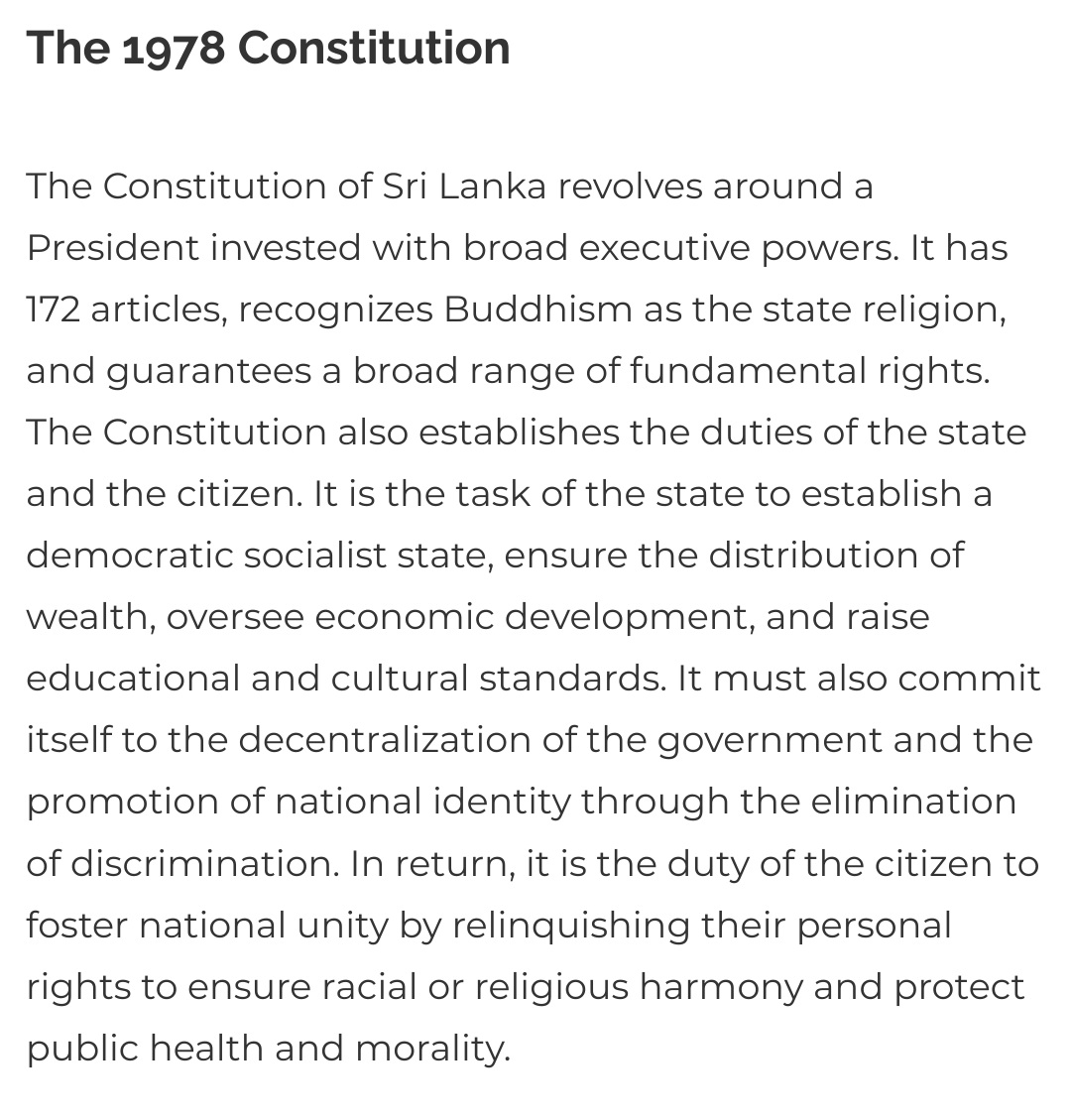
https://t.co/ECRjzl7vto
More from Politics
Funny there are those who think these migrant caravans were a FANTASTIC idea that's going to take the immigration issue away from you.
— Brian Cates (@drawandstrike) November 26, 2018
Like several weeks watching a rampaging horde storm the fences & throw rocks at our border patrol agents & getting gassed = great optics!
This media manipulation effort was inspired by the success of the "kids in cages" freakout, a 100% Stalinist propaganda drive that required people to forget about Obama putting migrant children in cells. It worked, so now they want pics of Trump "gassing children on the border."
There's a heavy air of Pallywood around the whole thing as well. If the Palestinians can stage huge theatrical performances of victimhood with the willing cooperation of Western media, why shouldn't the migrant caravan organizers expect the same?
It's business as usual for Anarchy, Inc. - the worldwide shredding of national sovereignty to increase the power of transnational organizations and left-wing ideology. Many in the media are true believers. Others just cannot resist the narrative of "change" and "social justice."
The product sold by Anarchy, Inc. is victimhood. It always boils down to the same formula: once the existing order can be painted as oppressors and children as their victims, chaos wins and order loses. Look at the lefties shrieking in unison about "Trump gassing children" today.
I\u2019m sorry it\u2019s just insane that Democrats are like, \u201cwe won everything and our opening position on relief is $1.9T\u201d and Republicans are like, \u201cwe lost and our opening position is $600B,\u201d and the media will be like, \u201cDemocrats say they want unity but reject this bipartisan deal.\u201d
— Meredith Shiner (@meredithshiner) January 31, 2021
First, party/policy mandates from elections are far from self-executing in our system. Work on mandates from Dahl to Ellis and Kirk on the history of the mandate to mine on its role in post-Nixon politics, to Peterson Grossback and Stimson all emphasize that this link is... 2/
Created deliberately and isn't always persuasive. Others have to convinced that the election meant a particular thing for it to work in a legislative context. I theorized in the immediate period of after the 2020 election that this was part of why Repubs signed on to ...3/
Trump's demonstrably false fraud nonsense - it derailed an emerging mandate news cycle. Winners of elections get what they get - institutional control - but can't expect much beyond that unless the perception of an election mandate takes hold. And it didn't. 4/
Let's turn to the legislation element of this. There's just an asymmetry in terms of passing a relief bill. Republicans are presumably less motivated to get some kind of deal passed. Democrats are more likely to want to do *something.* 5/










